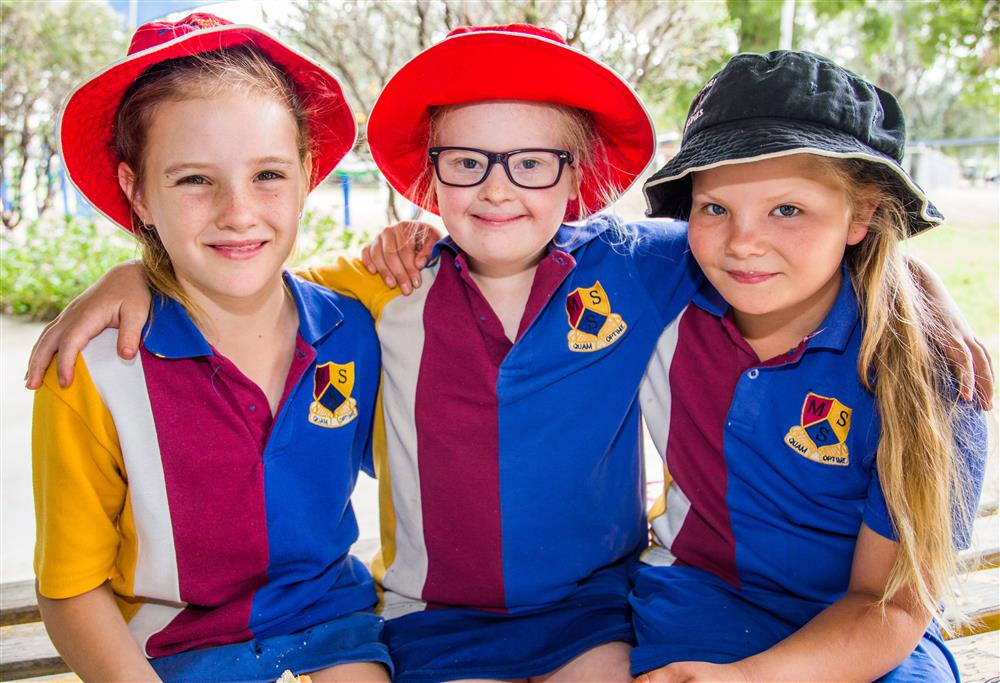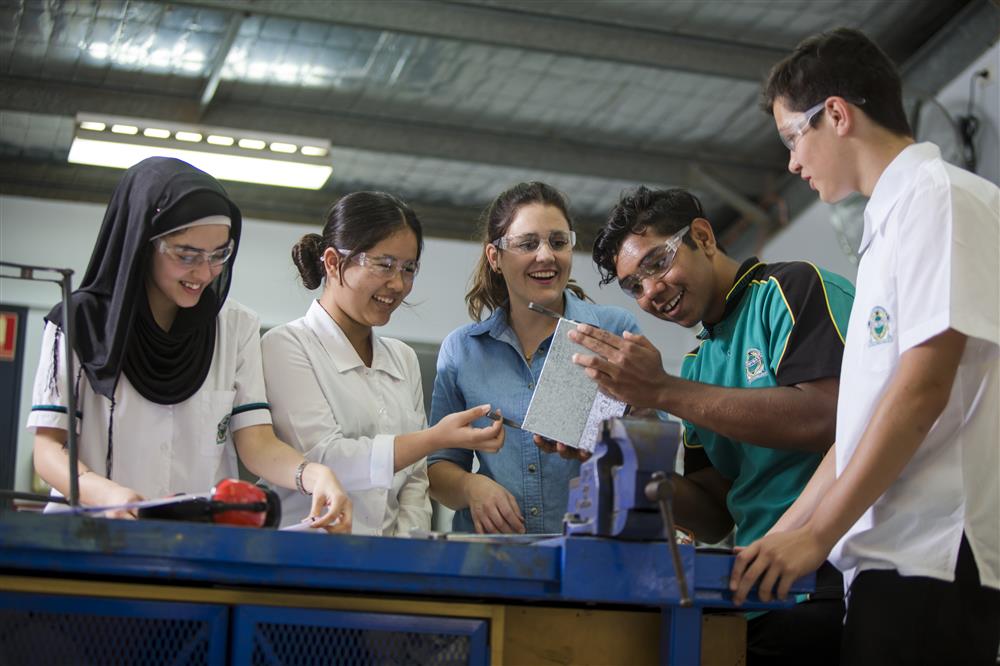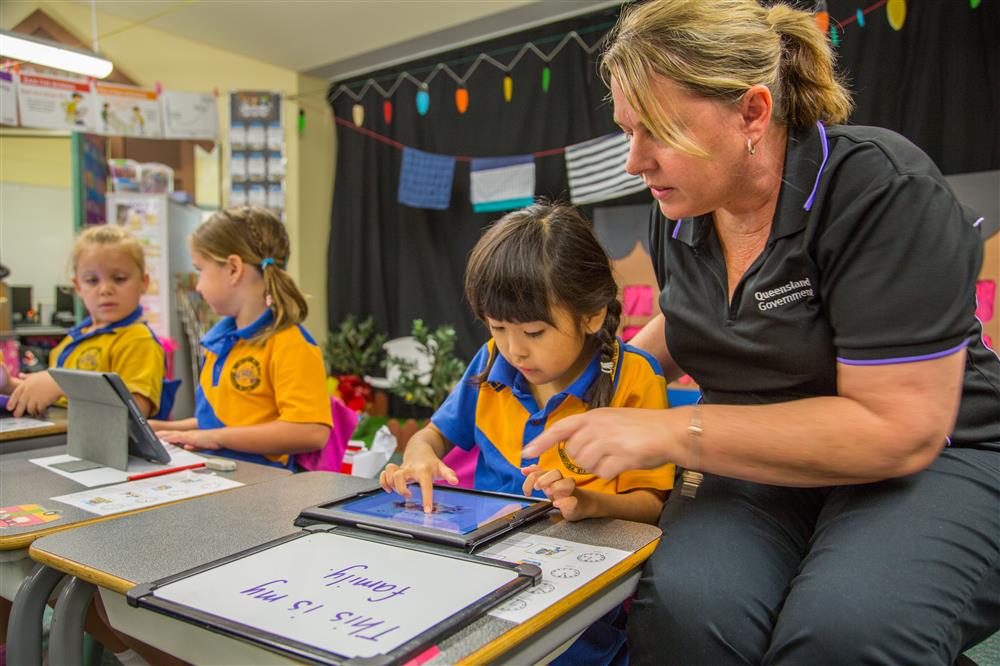A rights-based approach for young people to have a place in mainstream classrooms
- Solution
- Inclusive Education Policy
- Organization
- Queensland Department of Education
- Country of Implementation
- Australia
- Region
- Australia & Oceania
- City
- Queensland
- Start Year
- 2018
- First published
- 31.01.2020

Solution details
“Mercedes loves going to school because she has many friends and receives a lot of support there.” Renée, mother of a child with a disability
The Department of Education’s Inclusive Education Policy, implemented in 2018, is designed to ensure that students with disability in Queensland state schools receive the support they need to belong to the school community. It includes all state schools and educational settings, and obliges them to comply. Each school is allocated appropriate resources and funding, for example, to improve school accessibility and make reasonable educational adjustments. In 2019, 103,542 students with disability attended Queensland’s 1,241 state schools.
Problems Targeted
The 2017 Queensland Disability Review found that while there was commitment and evidence of good practice among Queensland state schools, there was a need for further improvement to lift outcomes for students with disability.
Solution, Innovation and Impact
The policy enables all children and young people across Queensland – from all social, cultural, community, and family backgrounds – to attend their local state school. Specifically, it provides four main areas of support: (1) to attend and participate in school, (2) to learn in a safe and supportive environment, (3) to achieve success academically and socially through reasonable adjustments, and (4) to access and participate in education. The policy is supported by a coordinated systematic approach, led by senior executives across central and regional offices. Individual implementation support is provided by regional inclusion coaches. There are 1,241 state schools in Queensland with a total of 53,000 teachers and 19,000 support teachers, who are responsible for making reasonable adjustments for students with disability. In 2019, more than 103,500 students received reasonable adjustments as a result of their disability to enable them to access and participate in education on the same basis as their similar-aged peers. Moreover, various therapists, nurses, and coaches provide further support. The policy is enforced through monitoring academic achievement, attendance, and absenteeism related to behaviour, and the number achieving a certificate of education.
Funding, Outlook and Transferability
The budget for 2019/2020 is USD $1,04 billion and the Department of Education allocates resources to state schools based on the level of reasonable adjustment needed to enable students with disability to access and participate. Other Australian states have adopted elements of the policy; and the Department of Education believes that the policy could be easily replicated, since the policy itself and supportive materials are publicly available
Media
Pictures
Videos
Downloads
Related information
- Connections
- 2
-
Organization
- People

